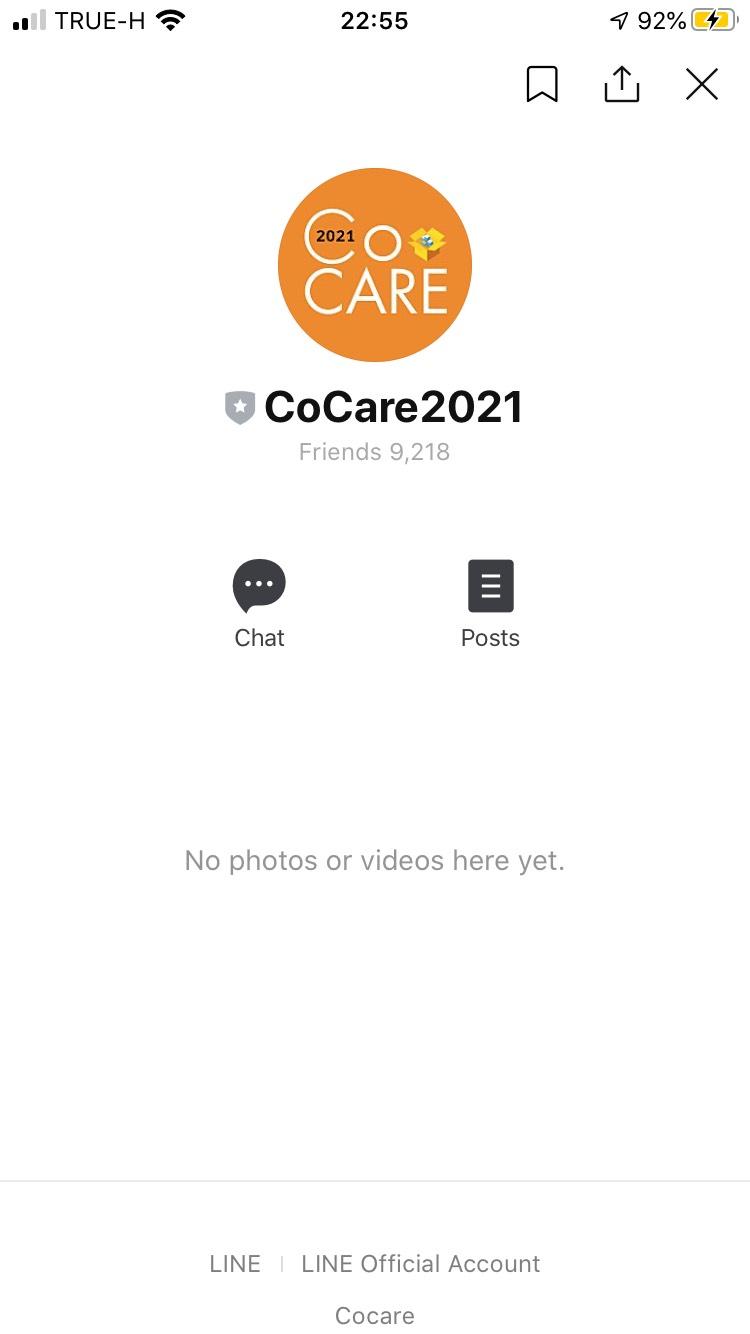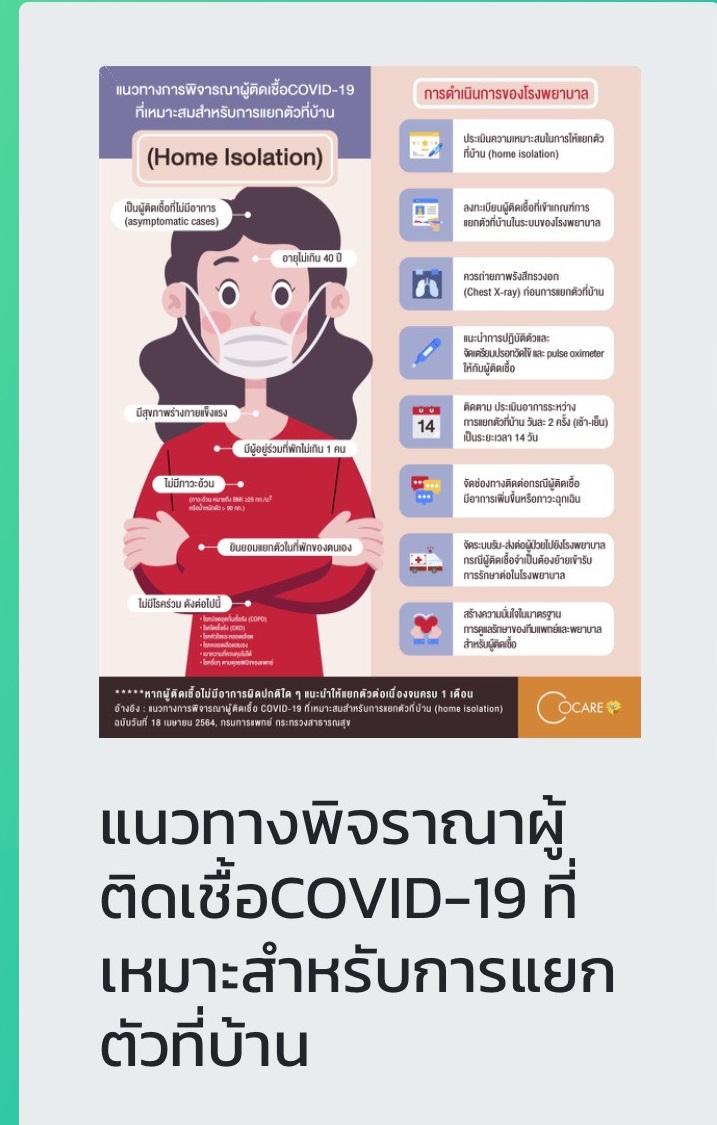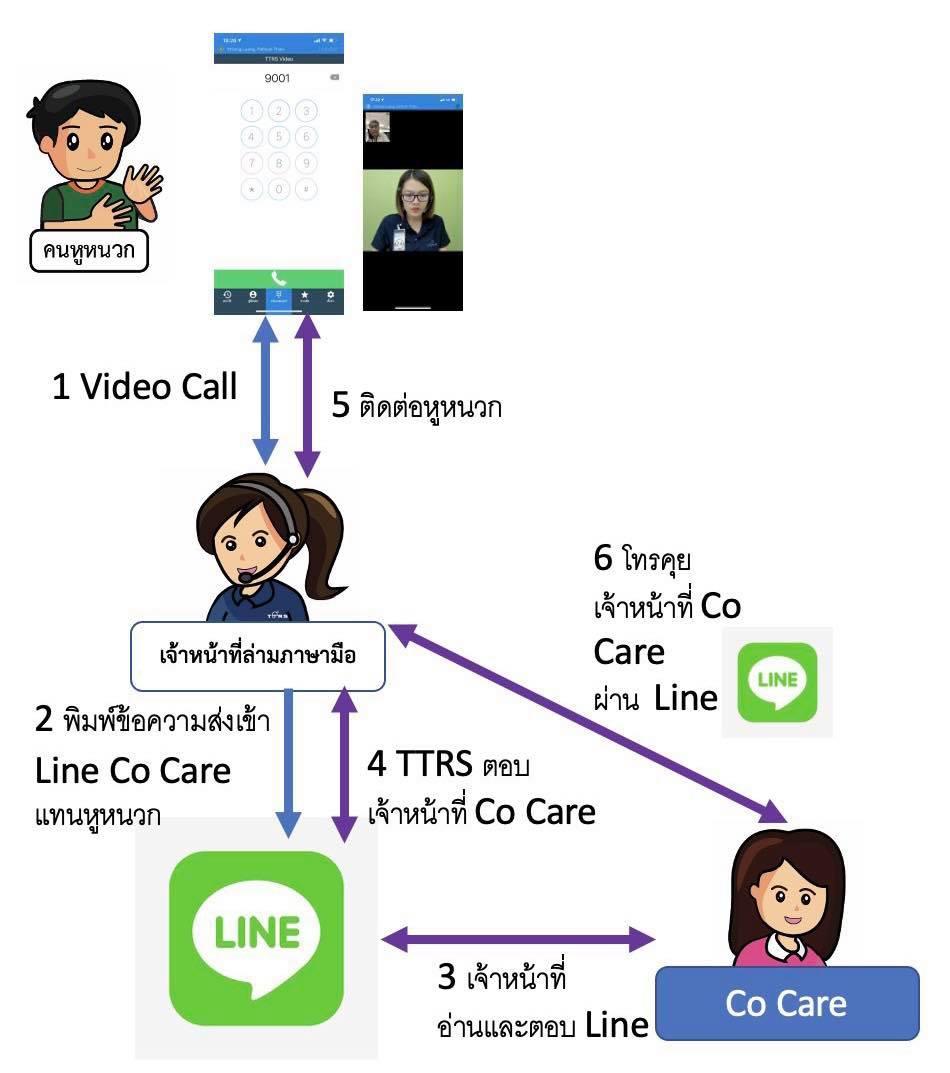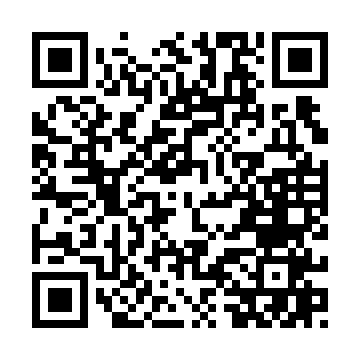'My son got swabbed and tested for coronavirus. The results from his first and second tests were negative, but his third test result showed that he was infected.

The @CoCare Line account. (Photos @CoCare)
Do I have to get the test?"
This is one of 5,331 messages sent via @CoCare on Line from April 23-27. These messages were responded to by 124 volunteer medical personnel from different fields -- dentists, doctors, lab technicians, nurses, pharmacists, physical therapists, psychiatrists, public health technical officers and radiologic technologists.
@CoCare was established last year by Dr Kongkiat Kespechara, an executive at Bangkok Hospital, in order to screen patients with suspected Covid-19, to reduce stress about whether people are infected or not and provide information related to coronavirus to chat users. The service went on hiatus in August last year because the Covid-19 situation was under control at that time. When the number of new patients with coronavirus soared by 2,070 on April 23, @CoCare reopened.
"The crew thought if the number of patients rises rapidly, our public health system may collapse because the number of healthcare workers and medical equipment is not enough. The situation also causes other issues such as blood shortages. Dr Kongkiat thought there should be something to support the public health system and thus, volunteers began to work via @CoCare," said Pharadon Phonamnuai, spokesman for @CoCare.
With the new surge of Covid-19 cases, hospital bed shortages are a major concern. In this crisis, it is important for @CoCare to help screen users who suspect that they are infected before they decide to go to hospitals.
"Not everyone needs a coronavirus test and the number of test kits is limited. Healthcare workers with @CoCare can screen if it is necessary for chat users to get tests. For example, a user said that he and his girlfriend had the flu and were worried if they had contracted coronavirus. Our healthcare worker asked if they were at public places such as markets or malls. Did they visit any risk areas? How did they protect themselves? Then, they were screened to see if they were at a low, medium or high risk for the virus. If they were low risk, they would be advised to quarantine and monitor themselves for 14 days. If they were at a medium or high risk, they were advised to go to hospital to get examined," explained Pharadon.
The spokesman also mentioned cases in the Klong Toey slum community.

Guidelines related to Covid-19 from @CoCare.
"The Klong Toey community requested our service to screen for possibly infected victims. We also work with the disabled such as visually- and hearing-impaired communities. We networked with 13 sign language interpreters to communicate with the hearing-impaired," Pharadon said.
Due to the pandemic, people are frustrated and stressed. The chat programme can help patients waiting for hospital beds and those in quarantine and can generally help a stressed-out public feel more at ease.
"Some information can be found through the media, but many people want to chat with someone who can give them advice. Several people expressed that they were worried about their risk and the risk to family members. Even users outside Thailand contacted @CoCare. A women in Laos said her friend was infected and did not know what to do. She also shared information about the situation in Laos. I felt warmed to see these messages. There is no border for us. It does not matter which language you speak or where you are from, we can help you out, so you do not feel alone," Pharadon said.
Some suspected Covid-19 patients have to quarantine at home. During the 14 days, healthcare workers @CoCare recommended people isolate themselves from their family members or housemates.
"A suspected patient should stay in a separate ventilated room, not share personal belongings and have separate meals. Everyone must wear masks and wash their hands often. A suspected patient must have a separate garbage bin. If possible, a suspected patient must use a separate bathroom. If not, the suspected patient must be the last person to use the bathroom and clean it with disinfectant solution," he said.
Since people @CoCare are volunteers, there are limitation to their services. These medical volunteers will never prescribe medication because they do not meet users in person.
"Our healthcare volunteers can recommend only over-the-counter medicine. If a user has a flu, she/he can take paracetamol. We also cannot arrange a hospital bed for anyone, but we co-ordinate with Thai PBS Fight Covid-19 Emergency Center [hotline 02-790-2111; 9am to 4pm daily]. We will send their contact to users. We are volunteers, so we cannot overlap the state system or overstep our boundaries," explained Pharadon.
Pharadon also said medical volunteers at @CoCare generally do not recommend people take vitamin supplements.
"It is better to have a balanced diet by eating from the five main food groups -- carbohydrates, proteins, healthy fats, vitamins and minerals. There is no need to take vitamin supplements if you are not a patient with chronic disease or had gastrointestinal surgery or using a feeding tube. Fah talai jone is an anti-inflammatory, so this medicinal herb can be used to relieve flu, sore throat and body aches, but no medical research indicates that fah talai jone can prevent coronavirus. Fah talai jone should not be continually taken for a long time because it can cause limb numbness," he said.
The Covid-19 vaccine is an effective way to prevent people from coronavirus, however, every vaccine has side effects. What advice can healthcare workers give to users when they call @CoCare?

Healthcare volunteers use video calls to communicate with the hearing-impaired. (Photo: facebook.com/ThaiCoCare)
"In general, developing an effective vaccine requires several years, but Covid-19 vaccines were developed for emergency use, so every vaccine has some side effects. However, vaccines can decrease the number of severely ill patients and death rate. To prevent the blood clot side effect, you should drink a lot of water and exercise your arms and legs before going to get the vaccine," said the spokesman.
With 124 volunteers from various fields, the @CoCare team shares information from different specialists and provides information to chat users.
"We have other information aside from Covid-19 such as how to handle elderly patients and chest physiotherapy. We also have research from different countries that we can share with patients. However, we still need more volunteers. We would like to extend @CoCare to other provinces," the Pharadon said.
"Everyone is happy to volunteer in the group chat. It is a dream virtual hospital where everyone comes to work on time and shares information and consults with one another. We are happy to answer more than a thousand messages a day in order to ease the burden of the public health system. The pandemic may have ruined many people's hopes, but we @CoCare do not lose hope. We gather together to make changes."

@CoCare QR Code.
